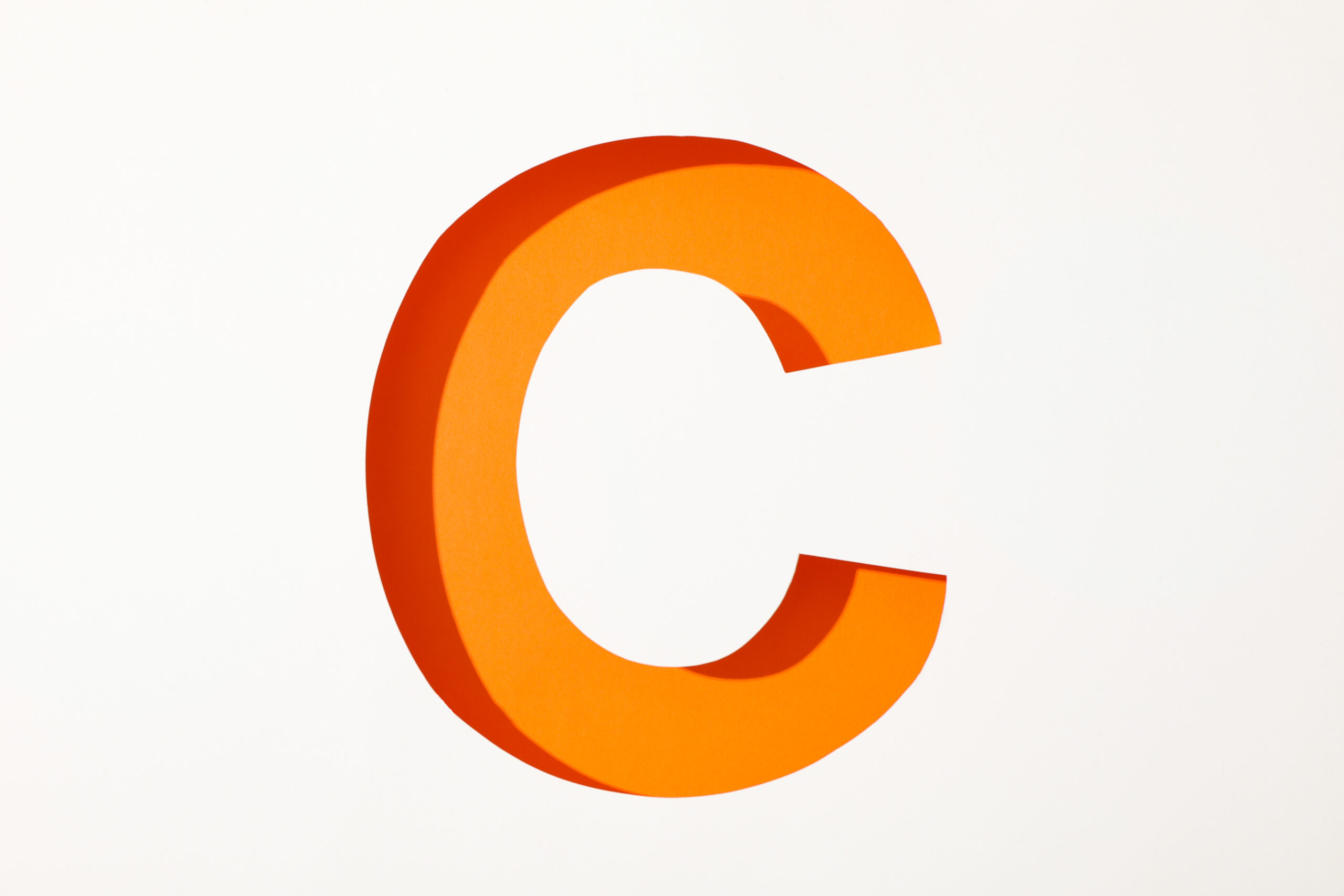
Medicare Plan C is one of the most popular Medicare plans. It covers a lot of ground, but there are some things that it doesn’t cover. In this blog post, we will discuss what Medicare Plan C does and does not cover. We will also provide information on how to find a plan that best suits your needs. So, what does Medicare Plan C cover? Keep reading to find out!

Plan C
The terms Medicare Part C and Medicare Advantage Plan are interchangeable. Medicare has four different parts: Part C is a bundle that covers Part A, Part B, and usually, Part D.
- Part A (hospital insurance) includes inpatient services such as hospitalization, skilled nursing home care, hospice care, and some home health care.
- Part B (medical insurance) includes outpatient services such as doctor’s visits, ambulance transport, laboratory tests, x-rays, and preventive care.
- Part A + Part B = Original Medicare (also known as Traditional Medicare) is administered by the federal government.
- Part C (“MA” or Medicare Advantage) bundles Part A, Part B, and usually Part D services together in one plan. Part C is an alternative way to receive your Medicare benefits:
- Medicare.gov (N/A)
- The official U.S. government website for Medicare, providing information about plans, coverage, costs, claims, resources, and more to the public.
- Government Authority
- Once you are enrolled in Part A and Part B, you can choose to receive your benefits through Original Medicare or a Medicare Advantage Plan.
- Part D (prescription drug coverage) helps pay for prescription drugs. You can join a Part D prescription drug plan (PDP) if you have Original Medicare. Most Medicare Advantage Plans include prescription drug coverage, so you don’t have to join a separate drug plan.
- Part C and Part D are administered by Medicare-approved private insurance companies and are regulated by the federal government.
What is Covered Through In Patient Care?
Medicare Part C generally provides the same inpatient benefits as Medicare Part A. These include:
- Inpatient hospital care if you have a doctor’s order and the hospital is in your plan’s network. Depending on your plan’s rules about how you obtain inpatient benefits, you may need a referral and prior authorization. Hospital care may be for acute illness or injury, rehabilitation, long-term care, or mental health.
- Cost-sharing (how much your plan pays and how much you pay) is structured differently with a Medicare Advantage Plan. Original Medicare Part A charges a deductible ($1,556 in 2022) for each benefit period. Medicare Advantage Plans typically charge a copay (ranging from $170 to $225) for the first several days of an inpatient stay. If you stay longer, your copay is $0. A transfer from one type of inpatient facility to another is considered a new admission and initial copays apply.
- Skilled nursing facility care and rehabilitation services provided on a continuous, daily basis in an in-network skilled nursing facility (SNF). Services are paid for in accordance with Medicare guidelines.
When you receive services in an inpatient setting, your Medicare Advantage Plan covers medically necessary care in accordance with Medicare guidelines and your plan’s rules. These services typically include:
- A semi-private room (unless a private room is necessary)
- Meals
- Nursing
- Physician’s services
- Diagnostic procedures
- Physical, occupational, and speech therapy
- Medications
- Medical supplies
- Blood
What is Covered For Outpatient Care?
Medicare Part C generally covers the same outpatient benefits as Medicare Part B that you receive in an outpatient setting in your plan’s network. Prior authorizations and referrals may apply. Outpatient care includes:
- Diagnostic tests and therapeutic services and supplies, such as x-rays, casts, blood, and lab tests that are received in an outpatient setting
- Outpatient hospital services, such as observation, surgical procedures, emergency care, partial hospitalization for mental health, infusion therapy, and certain screening and preventive services
- Outpatient mental health care, such as individual or group therapy
- Outpatient rehabilitation services, such as physical, occupation, or speech therapy provided in a variety of outpatient settings
- Outpatient substance abuse services, such as individual or group therapy
- Outpatient surgery or other services provided at a hospital outpatient facility or ambulatory surgical center
As with inpatient services, you must follow your plan’s rules outlined in your Evidence of Coverage document. Cost-sharing is typically structured differently as well. For instance, you may pay a deductible before your plan starts to pay, but most Medicare Advantage Plan carriers offer zero-deductible plans. You may be responsible for copays or coinsurance when you receive services.

Will It Cover Drug Coverage?
According to the Kaiser Family Foundation, 89% of Medicare Advantage Plans include prescription drug coverage in 2022. Most of these plans are Health Maintenance Organizations (HMOs) or Preferred Provider Organizations (PPOs). In fact, if you join an HMO or PPO, you will not be able to purchase a standalone Medicare Part D prescription drug plan (PDP).
Part C plans with prescription drug coverage must follow Medicare’s rules but may have different formularies (drug lists) and preferred pharmacies. Your out-of-pocket costs for drugs do not apply toward your maximum out-of-pocket limit.
If you interested in a C Plan and would like to explore your options. Please give us a call.
